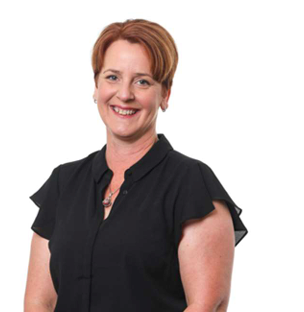Changes to How Super Earnings Are Taxed for Large Balances
The government has announced it will make some practical changes to its proposed tax changes for people with large super balances (over $3 million) that will now take effect from 1 July 2026.
What’s changing?
Previously, the proposed tax calculations for high-balance super accounts were based on changes in your total super balance, which could include unrealised gains (increases in value that haven’t actually been sold or received as income). This sometimes meant you could be taxed on “paper profits.” The threshold for the new tax ($3 million) was also not proposed to be indexed, meaning more people would be impacted by the tax over time.
Under the new rules:
- Tax will only apply to “realised earnings” - that is, actual income your super fund has received, such as interest, dividends, rent, and realised capital gains from assets that have been sold.
- If your total super balance is above $3 million, the ATO will contact your super fund(s) for your share of these realised earnings.
- The ATO will then apply the new higher tax rates (15% for balances between $3 million and $10 million, and 25% for balances above $10 million) to your share of these earnings
- The $3m and $10m thresholds will also be indexed in line with the Consumer Price Index.
These tax rates will apply in addition to the fund’s concessional tax rate of 15 per cent on taxable income.
Why is this better?
This approach is considered fairer, as impacted super fund members will only be taxed on income their fund has actually earned - not on paper profits that may never be realised. It also brings these tax rules more in line with how other investment income is taxed, and also addresses the problem of more people becoming subject to the tax over time due to ‘bracket creep’.
What do you need to do? If your super balance never exceeds $3 million, these changes won’t affect you. If you’re above the threshold or likely to exceed it, we’ll work with you to understand your position and plan for any potential tax impacts from 2026 onwards.
If you have questions about how these changes might affect your retirement planning, please get in touch.

Latest News







